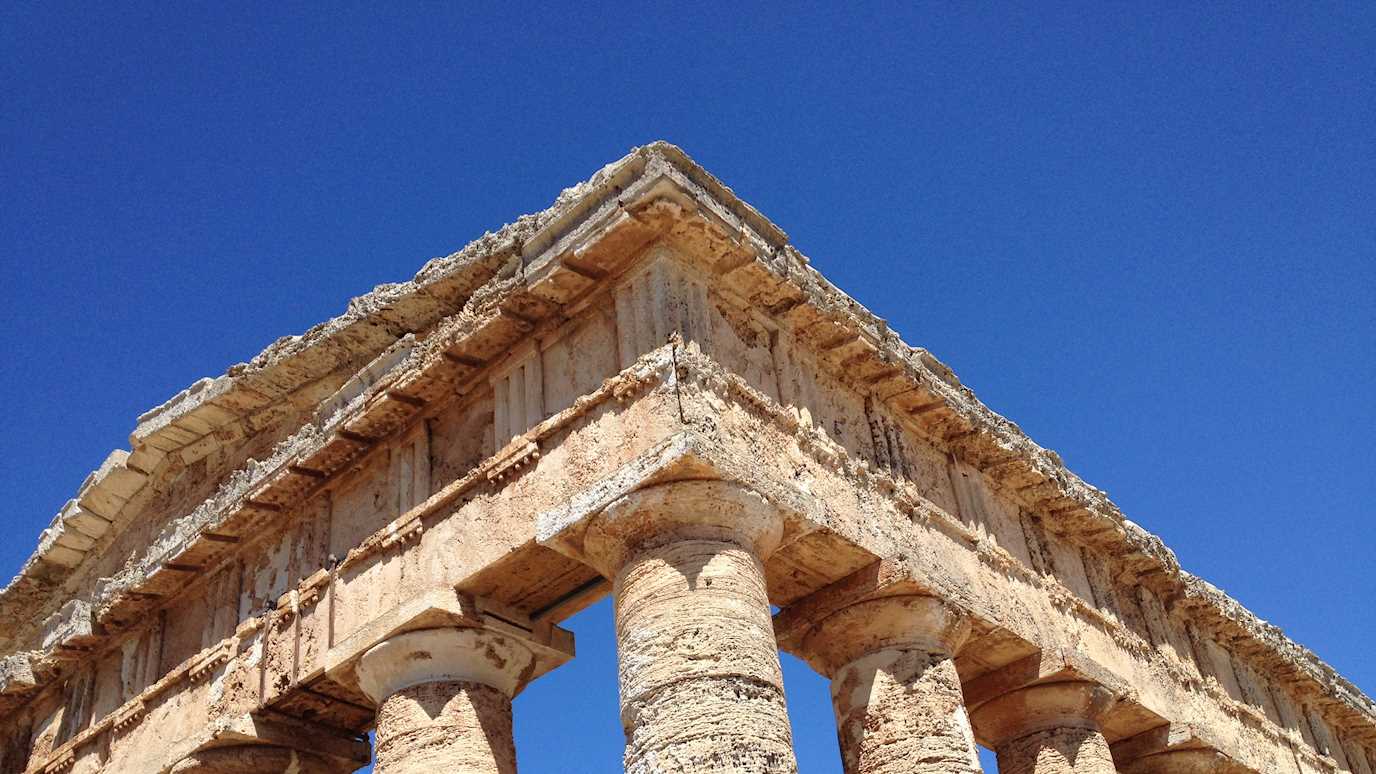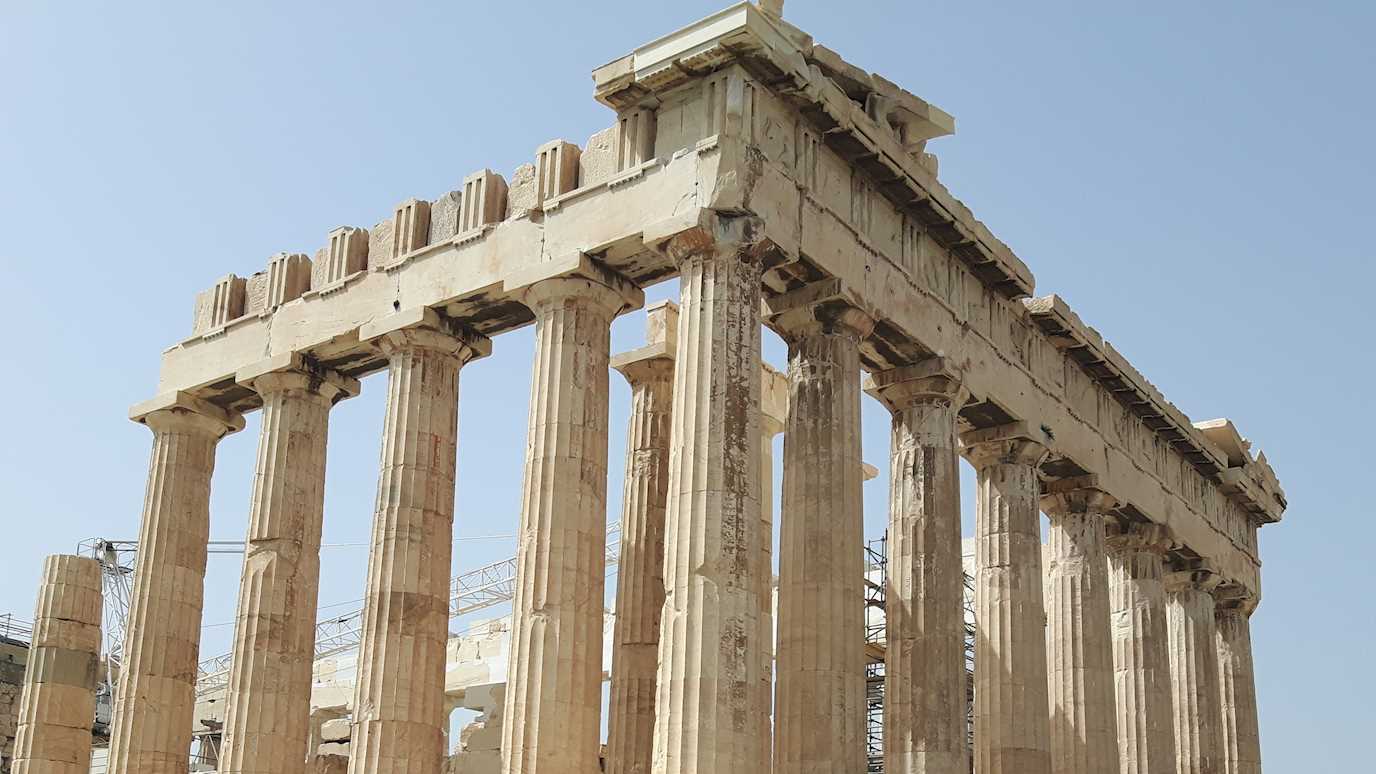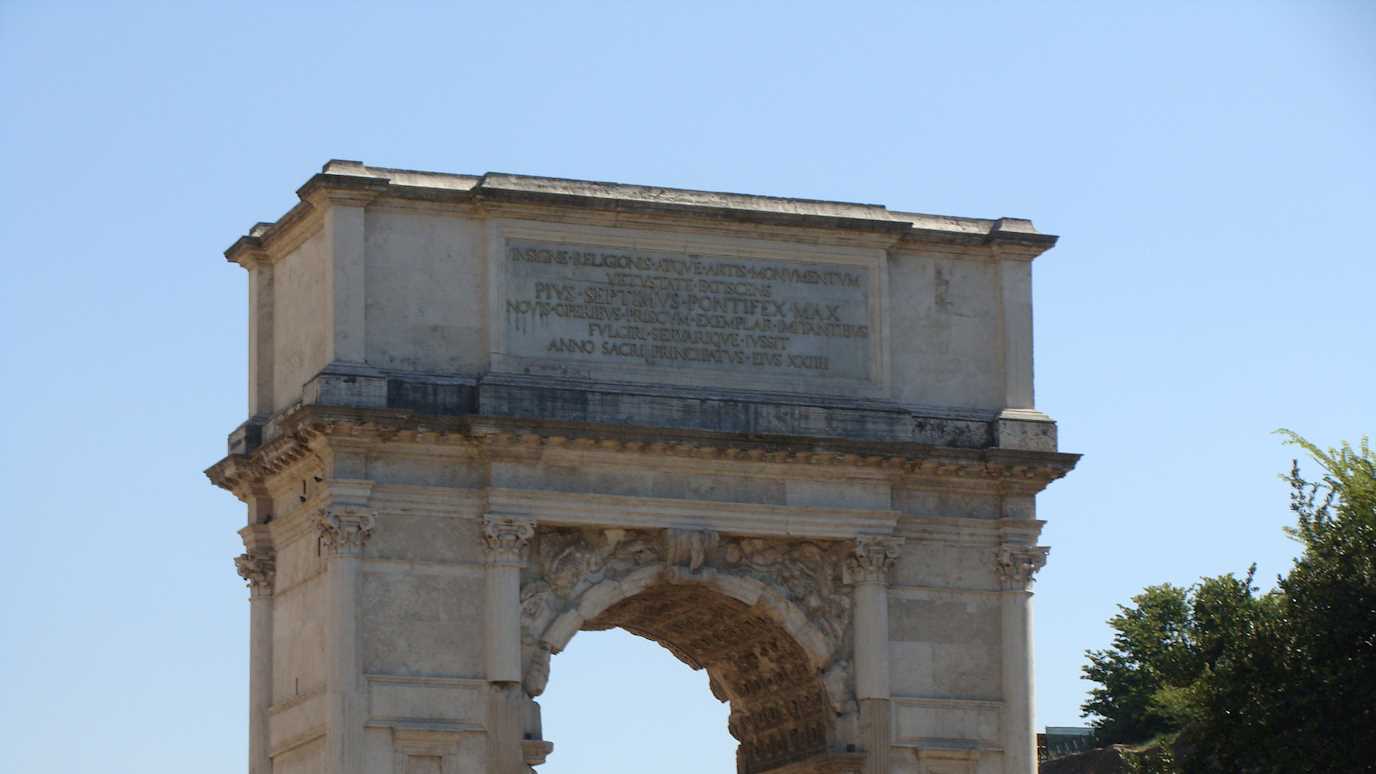Our staff enjoy coming out to schools and colleges to give talks and lead workshops on a wide range of topics.
As part of our commitment to schools, we are able to visit schools and colleges to give talks or lead workshops on a whole host of different topics.
Below you will find an introduction to the expertise and interests of our staff and a sample of what we have currently on offer. You can also download this information in PDF form here. Please e-mail us if you have a specific request, as you will find that we are often able to offer talks tailored to your needs. Please note, however, that it is not always possible for us to be available on all preferred dates and times, so it is best to get in touch with us as far in advance as possible.
Also, please do not be disappointed if a member of staff happens to be absent on research leave: if your first choice of talk or lecturer is not available, we can often provide an equally interesting alternative.
For more information, please write directly to the member of staff offering a particular title or topic (e-mail addresses below).
School talks by staff member
Prof. Richard Alston
Roman history
Prof. Alston's research interests are within Roman history, particularly that of the Roman Empire. His last book was on Augustus and the fall of the Republic. His other work has focused on issues of cities, Egypt, the Roman army, cultural change, and how Romans saw themselves in relation to the Roman Empire. He likes to find issues of contemporary relevance and interest, such as political power, gender, urbanism, and then see what we can learn from the Roman world about those issues. He has a number of standard talks he gives to schools, but can talk on other topics in Roman history and culture by agreement. Write to him at r.alston@rhul.ac.uk.
Schools talks:
The Roman House (for year 4 onwards)
Cleopatra: A history of fantasy (year 8 onwards).
Pliny’s Women (year 8 onwards).
Roman Civilization and its Discontents (year 8 onwards)
Topics around Roman imperial history by negotiation.
Dr Siobhan Chomse
Latin literature
Dr Chomse teaches Latin language and literature at Royal Holloway. Her research focuses on early imperial Latin literature (especially Virgil, Lucan and Tacitus) and she is particularly interested in the idea of the sublime and the part it plays in shaping the way Romans thought and wrote about the world around them. Write to her at siobhan.chomse@rhul.ac.uk
Dr Chomse is happy to give talks on Virgil’s Aeneid and Roman epic more broadly, Tacitus’ Agricola, Histories and Annals, as well as other texts and topics concerning Latin literature.
Examples of some specific talks are as follows:
Sublime cities in Virgil’s Aeneid
A cosmic creation: beginning the Aeneid
Tacitus’ Tiberius: an emperor obscured
Out of the darkness and into the light: death and the self in Seneca’s Letters (51, 53, 57)
Shakin’ all over: earthquakes in the Roman imagination
The wild child of Roman epic: Lucan, on coming after Virgil
Dr Liz Gloyn
Latin literature
Dr. Liz Gloyn’s research and teaching looks at the intersections between Latin literature, ancient philosophy and social history. She is also interested in classical reception, particularly in popular culture. Write to her at liz.gloyn@rhul.ac.uk
Talk titles and topics:
Travels with Seneca: A cautionary tale (focusing on the A-level set texts)
Seneca: Philosopher, politician, playwright
How do you solve a problem like Ovid?
Women’s lives in ancient Rome
Does having a beard make you a philosopher?
Thinking philosophically in the Roman world
The classical world in the films of Hollywood (requires Powerpoint & access to internet for video clips)
Hollywood and epic (requires Powerpoint & access to internet for video clips)
Depictions of Medusa on film (requires Powerpoint & access to internet for video clips)
Talks available by arrangement on the year’s set GCSE and A-level Latin texts
Dr Richard Hawley
Greek language and literature
Dr Richard Hawley teaches Greek language and literature at Royal Holloway, especially Greek literature of the Roman empire. He is also particularly interested in gender studies, Greco-Roman social history and ancient literary criticism. Write to him at richard.hawley@rhul.ac.uk
Talk titles:
Why learn Ancient Languages?
The employability skills gained from a classical degree
Topics (exact title by arrangement):
Classical Greek and Roman concepts of gender
Women's life in ancient Greece/Rome
Greek Tragedy, especially women; also gods, chorus, stagecraft, etc.
Greek Comedy, especially women, audience, types of humour, etc.
The modern reception of ancient women in films, novels and poetry
Women in Greek literature (e.g. Homer)
Women in Latin literature (e.g. love poets, Livy)
The supernatural in Greek/Roman culture (e.g. literature, folklore, religion)
Dr Zena Kamash
Roman archaeology
Dr Zena Kamash is a specialist in the Roman Middle East and Roman Britain. She works on a range of areas including religion, memory, food and the senses, ancient technology and, currently, on post-conflict reconstruction in the Middle East. Write to her at Zena.kamash@rhul.ac.uk
Topics for school talks include:
Roman religion in Britain and/or the Middle East
Roman food
Roman water supply and management in the Middle East
3D printing and its applications in archaeology
Dr Christos Kremmydas
Greek history
Dr Christos Kremmydas teaches a range of courses in the areas of Classical Greek History, Greek Law, historiography and Rhetoric. He loves visiting schools to give talks about Classical topics (Alexander the Great is a firm favourite) and share his passion about the Classical world. Write to him at christos.kremmydas@rhul.ac.uk
Talk titles:
Who killed Philip II of Macedon?
Alexander the Great and Athens
Alexander the Great and the question of his divinity
Bringing officials to account in Classical Athens
Athenian democracy and modern democracies
Dr Nick Lowe
Greek literature
Dr Nick Lowe teaches and researches both Greek and Latin literature, especially comedy. He is also interested in Greek religion, amongst many other things. Contact him at nick.lowe@rhul.ac.uk
Talk titles:
Making the New Hollywood Classics: Secrets, Lies, and Tales from Development Hell
The Rough Guide to Hades
Ancient Greece in Fiction
What Makes a Greek Tragedy
Write your Own Greek Tragedy
Stagecraft in Medea (or other plays by request)
Greek Tragedy: The Missing 98%
Tragedy and Cinema: Parallel Lives
Comedy from the Dionysia to the Apollo
The End of the Odyssey
The Shapes of Epic
The Writing of Gladiator
War Stories: The Iliad and the Plotting of Battle
The Rough Guide to Homer's Ithaca
Untold Homers: Retellings and Untellings Lost and Found
Staging the Epic: From Homer to Tragedy
Why the Greeks Didn't Invent the Bicycle
What happens in Pseudolus (or any other Roman comedy by request)
Greek Gods and Festivals
Other topics on Homer, tragedy, comedy by request
(Most of the above need a data projector, but some can manage without – contact Nick for details.)
Prof. Jari Pakkanen
Greek archaeology
Prof. Jari Pakkanen is an archaeologist specialising in Greek archaeology. He is particularly interested in architecture, archaeological reconstruction and quantitative methods in archaeology. Contact him at j.pakkanen@rhul.ac.uk
Talk titles:
Architectural orders in Ancient Greece
Digital Documentation and Reconstruction of Greek Architecture in Three Dimensions
Dr Erica Rowan
Roman archaeology
Dr Rowan is a Roman archaeologist with a specialization in archaeobotany (ancient plant remains). She uses archaeobotanical remains in conjunction with literary and archaeological evidence to explore the way cultural tensions within Roman society were expressed, embedded, and resolved through the prevailing food culture. Dr Rowan teach courses on Roman archaeology, Pompeii and Herculaneum and ancient foodways. Her research focuses on the formation and evolution of ancient cultural identities, routes of connectivity and economic developments through an examination of Roman foodways. Write to her at erica.rowan@rhul.ac.uk
Talk titles:
Did they really eat dormice? An exploration of Roman diet
Eating and drinking in the ancient world
Introducing archaeobotany: Can we really learn anything from old seeds?
Introducing environmental archaeology: people, plants and animals
Life on the Bay of Naples
Health and nutrition in the Roman world
Farmers and scholars: How did the Romans feel about food?
Were the Romans foodies?
Prof. Lene Rubinstein
Greek history
Prof. Lene Rubinstein is Professor of Ancient History in the Department of Classics at Royal
Holloway, University of London. She specialises in ancient Greek democracy as well as alternative forms of government (including dictatorship and oligarchy), Greek social history, and Greek historiography. She also teaches rhetoric and is particularly interested in how the Greek and Roman legacy has influenced oratory in the modern western world. Write to her at lene.rubinstein@rhul.ac.uk
She is happy to give school talks on the following themes:
Athenian law and litigation
The Athenian family and the position of women
The Athenian way of death
The classical art of persuasion: from Demosthenes to Donald Trump
Direct democracy in the ancient Greek world
Dr Efi Spentzou
Latin literature
Dr Efi Spentzou researches mainly on Roman epic and Latin love elegy. She has always been interested in the female voice in these male-authored texts as well as in broader issues around exile and belonging, interplay between genre and gender, creativity and inspiration and expressions of the (wayward) self in literature. More recently she has worked on the way Propertius in his poetry creates alternative spaces for individuals to engage with (or defy) monumental/Augustan space and culture. Her other on-going interest is on receptions of Classical Myth with work on modern variations of the Iliad and the Odyssey, and on feminist and other revisions of e.g. Helen of Troy, Penelope, and Eurydice. Write to her at e.spentzou@rhul.ac.uk
The new Achilles: redefining the epic hero in the Aeneid
Aeneid 10: The return of the leader
Passions, Art and Roman Sensitivities in Catullus
Catullus from Verona: the poet, the soldier, the lover
Dream and Desire: Tibullus at a Crossroads
Propertius Unbound: A Latin lover at Rome
Love-games and power-games: Ovid and the Politics of Desire
Vengeful Gods and Suffering Mortals in Ovid’s Metamorphoses
Discreet Subversion: female narrators in Ovid’s Metamorphoses
Writing her/story: Ovid’s heroines in distress
Meek maiden speaking from the dead: Eurydice in modern literature
From Troy to Hollywood: the Story of the Hero























